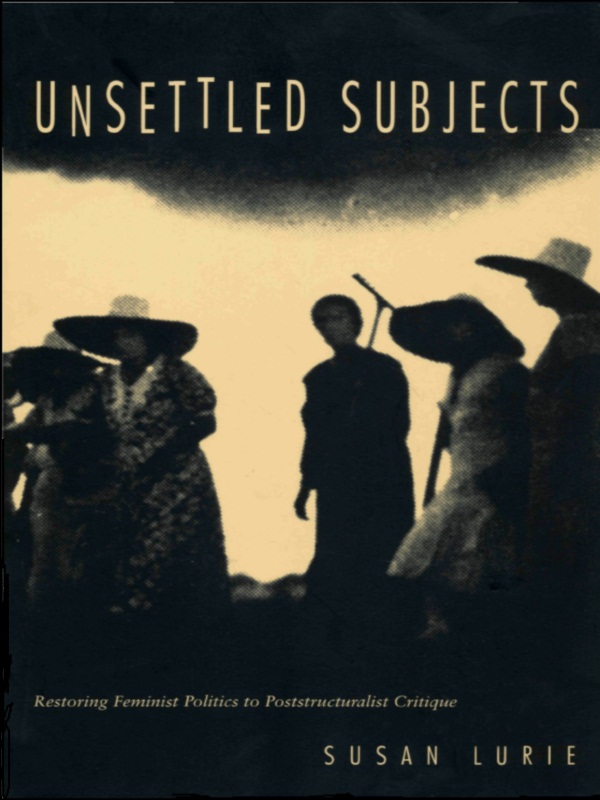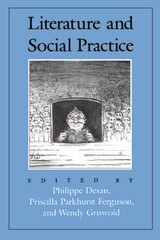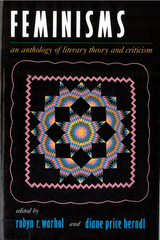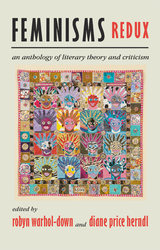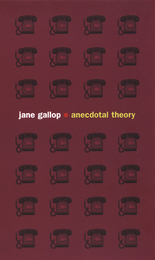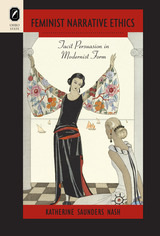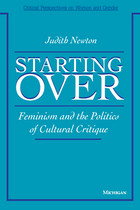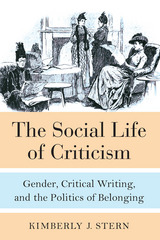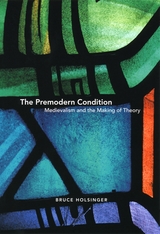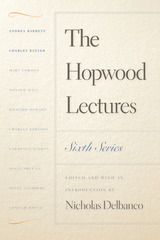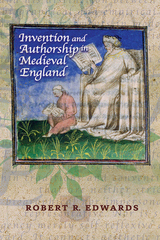Unsettled Subjects: Restoring Feminist Politics to Poststructuralist Critique
Duke University Press, 1997
Paper: 978-0-8223-1999-3 | Cloth: 978-0-8223-2003-6 | eISBN: 978-0-8223-9889-9
Library of Congress Classification PN98.W64L87 1997
Dewey Decimal Classification 810.99287
Paper: 978-0-8223-1999-3 | Cloth: 978-0-8223-2003-6 | eISBN: 978-0-8223-9889-9
Library of Congress Classification PN98.W64L87 1997
Dewey Decimal Classification 810.99287
ABOUT THIS BOOK | AUTHOR BIOGRAPHY | REVIEWS | REQUEST ACCESSIBLE FILE
ABOUT THIS BOOK
During the 1980s much of the work of feminist theory aimed to fully account for issues of class, race, and sexuality that previously had been overlooked. Susan Lurie argues that this work tended to privilege questions of race and class at the expense of gender, and frequently, if inadvertently, left patriarchal power unquestioned. Developing a feminist model that keeps multiple political forces in view, Lurie returns to three literary feminists from earlier parts of the century: Ellen Glasgow, Zora Neale Hurston, and Elizabeth Bishop. As Lurie argues, each of these women shows that both resistance to male domination and alliances between different oppositional politics rely on recognizing how power regulates a subject’s multiple beliefs.
In her analysis, Lurie traces each author’s strategies for revealing and challenging the ways that patriarchal gender ideology profits from what is always plural and contested female subjectivity. Only such an inquiry, Lurie demonstrates, can explain the impasses that have steered poststructuralist feminism away from gender as a category of analysis and can point toward the models necessary for a more complete feminist critique of patriarchal power.
In her analysis, Lurie traces each author’s strategies for revealing and challenging the ways that patriarchal gender ideology profits from what is always plural and contested female subjectivity. Only such an inquiry, Lurie demonstrates, can explain the impasses that have steered poststructuralist feminism away from gender as a category of analysis and can point toward the models necessary for a more complete feminist critique of patriarchal power.
See other books on: Feminism & Feminist Theory | Feminism and literature | Feminist literary criticism | Minority women in literature | Women authors
See other titles from Duke University Press
